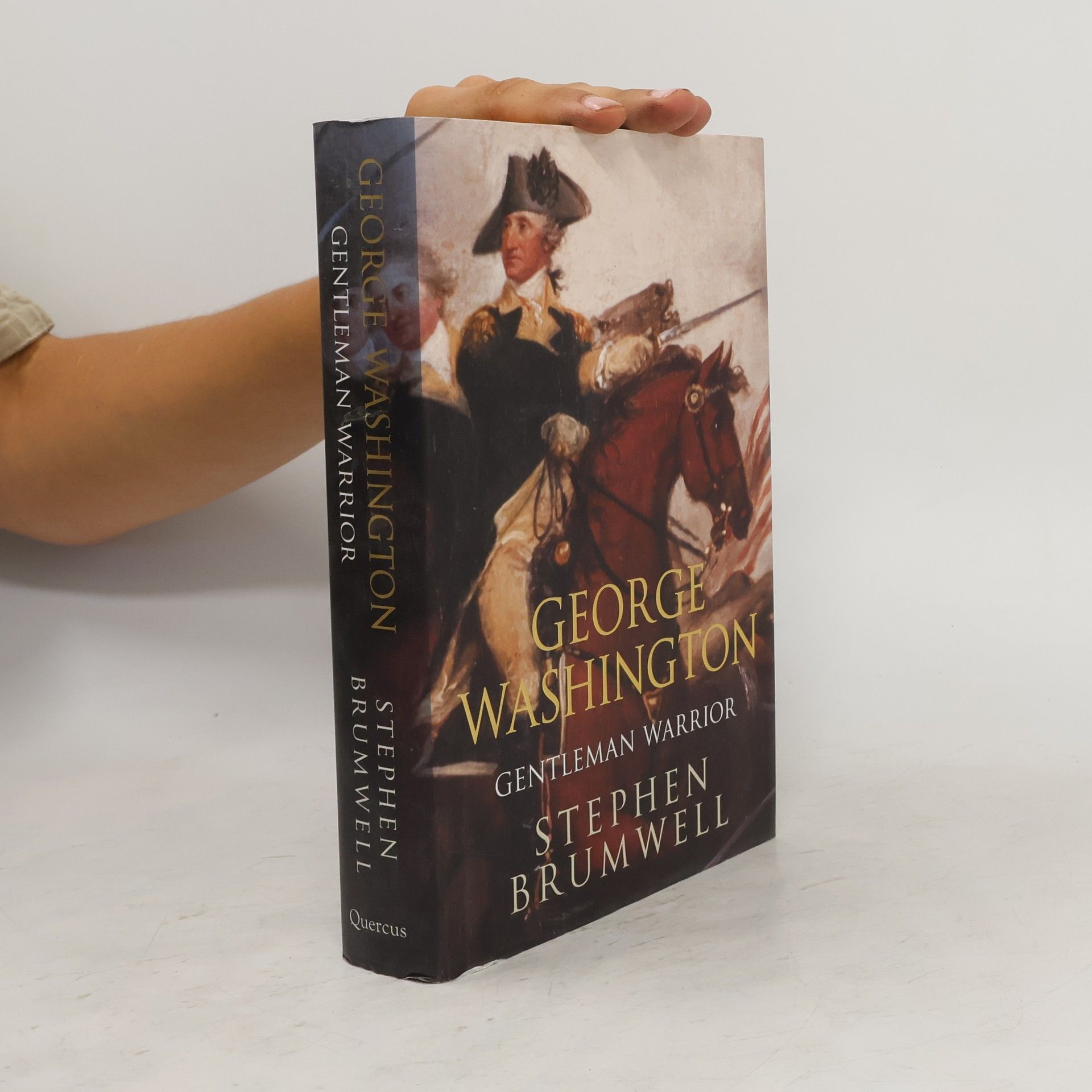George Washington
Gentleman Warrior
George Washington is a vivid recounting of the formative years and military career of "The Father of his Country," following his journey from brutal border skirmishes with the French and their Native American allies to his remarkable victory over the British Empire, an achievement that underpinned his selection as the first president of the United States of America. The book focuses on a side of Washington that is often overlooked: the feisty young frontier officer and the early career of the tough forty-something commander of the revolutionaries' ragtag Continental Army. Award-winning historian Stephen Brumwell shows how, ironically, Washington's reliance upon English models of "gentlemanly" conduct, and on British military organization, was crucial in establishing his leadership of the fledgling Continental Army, and in forging it into the weapon that secured American independence. Drawing on a wide range of sources, including original archival research, Brumwell brings a fresh new perspective on this extraordinary individual, whose fusion of gentleman and warrior left an indelible imprint on history.

